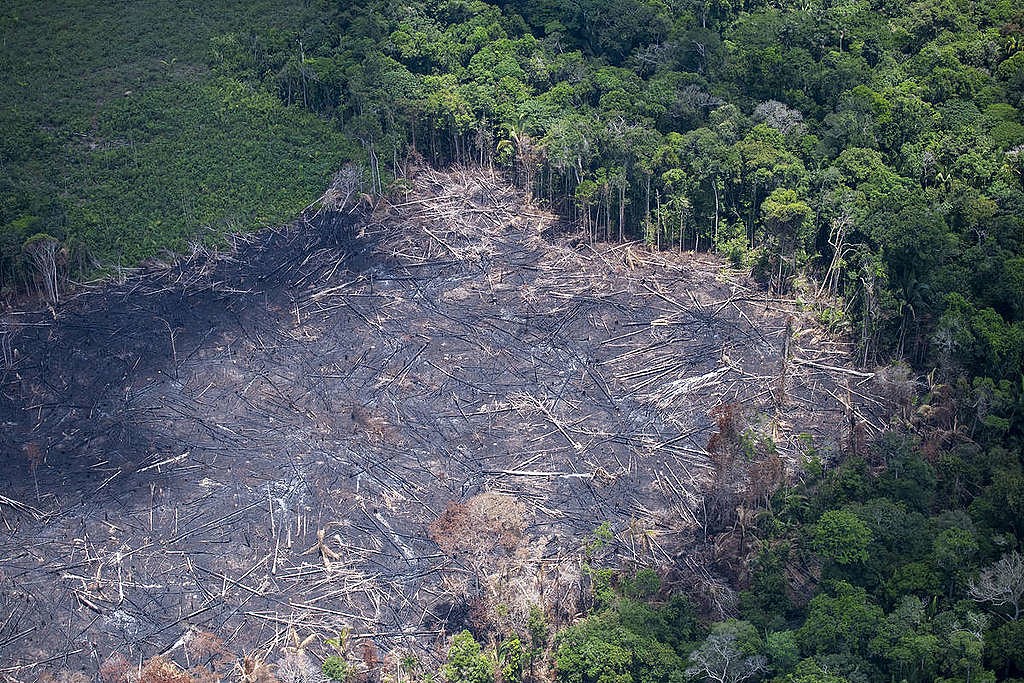It is an unfortunate fact, all over the world, that people have chosen to live near the sea. There are many reasons for this, but the basic fact is that this is often the most productive land.
The problem now, though, is that all these peoples lives are liable to change. This is because small rises in sea levels could make them homeless. As much as 1 billion people live at low enough elevation to make this a threat.
Countries like Bangladesh are very flat, and it is estimated that as many as 20 million people within Bangladesh would become homeless by 2050 under current trends (this assumes that we meet our carbon cut targets. There would be many others that would be lost.
Forgetting the hundreds of millions of people in the developing world, there are famous buildings and places which should underline this issue in the west as well.
Buckingham palace would be under water up to the first floor if we fail to act. A temperature rise of 1.5 degrees C would merely bring the water level to the front door. Many other famous buildings such as the pentagon, the tower of London and Tokyo tower in Japan would all be lost.
This is all a long winded way of stating, that even with the dramatic cuts the world is hoping to make over the next few decades, many people on earth are still likely to loose their lives have their lives changed dramatically, in most cases for the worse.















